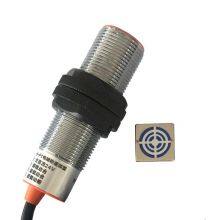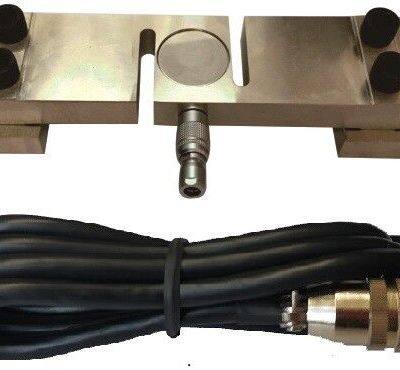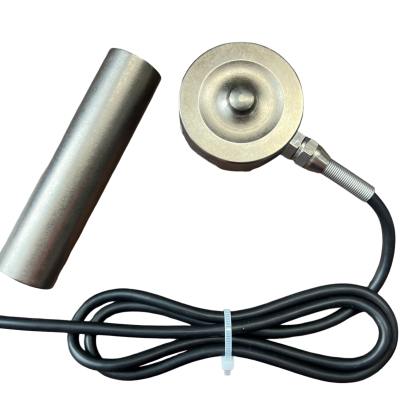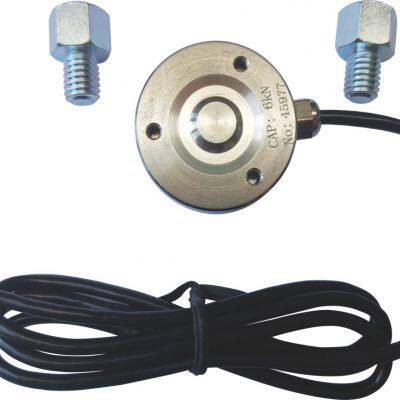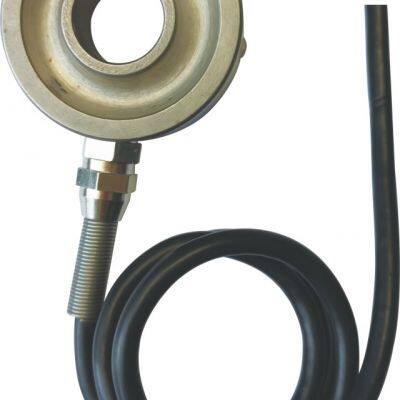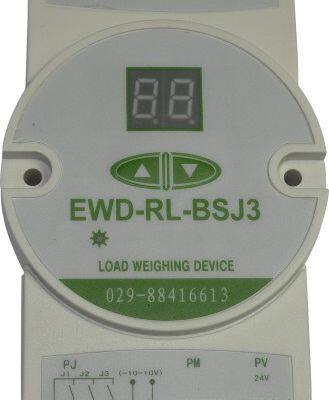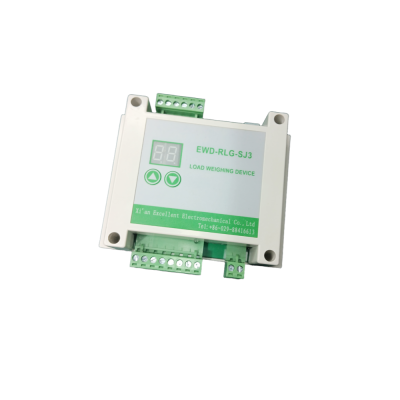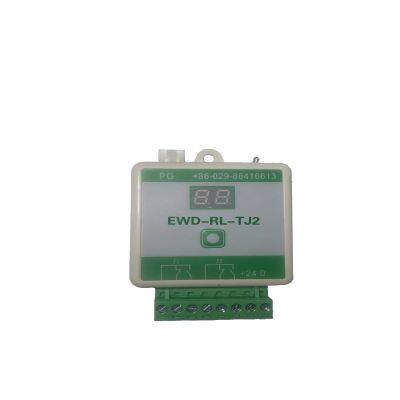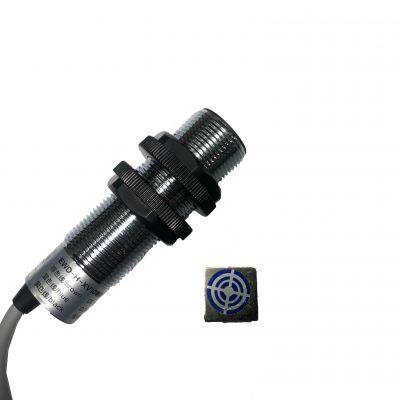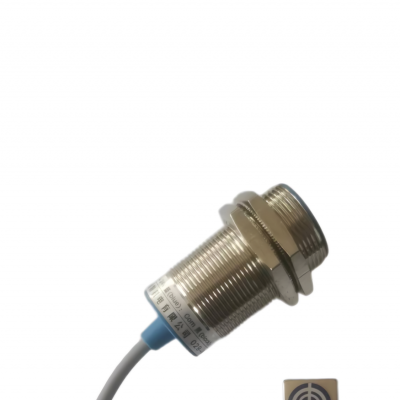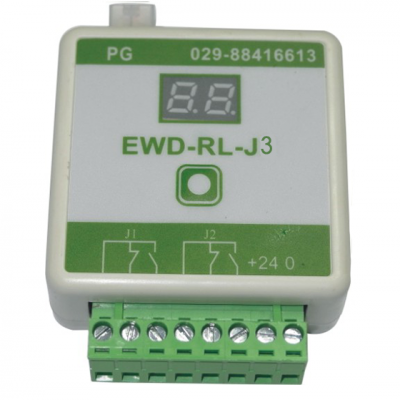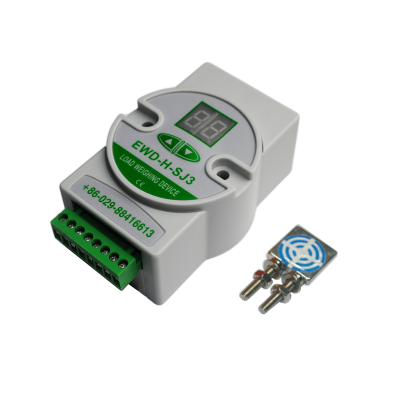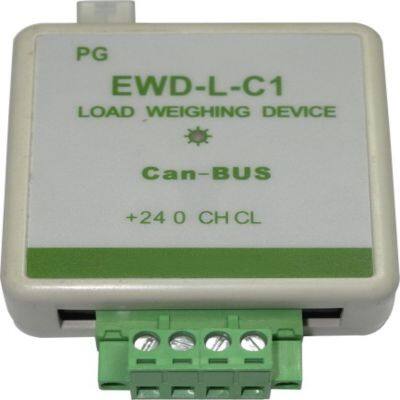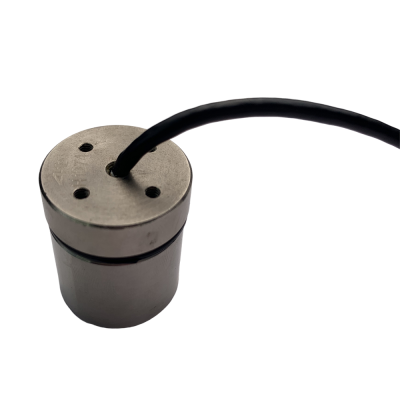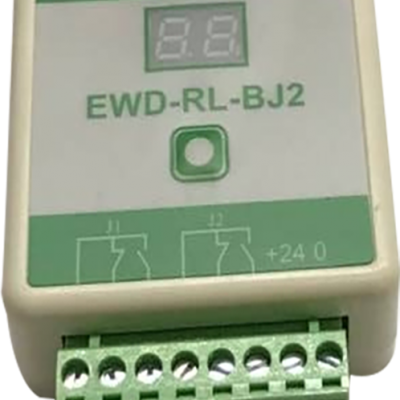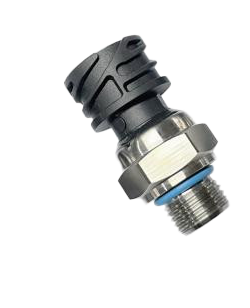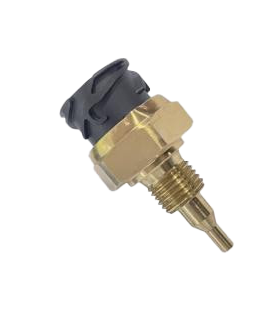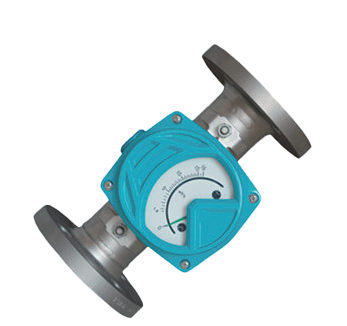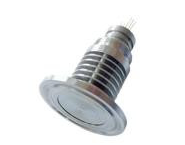The Application of Sensors in Industry
In the ever-evolving landscape of modern industry, sensors have emerged as indispensable tools, revolutionizing how businesses operate, optimize processes, and ensure efficiency. These devices, which detect and convert physical, chemical, or biological changes into measurable signals, play a pivotal role in enhancing productivity, maintaining quality control, and ensuring safety across various industrial sectors.
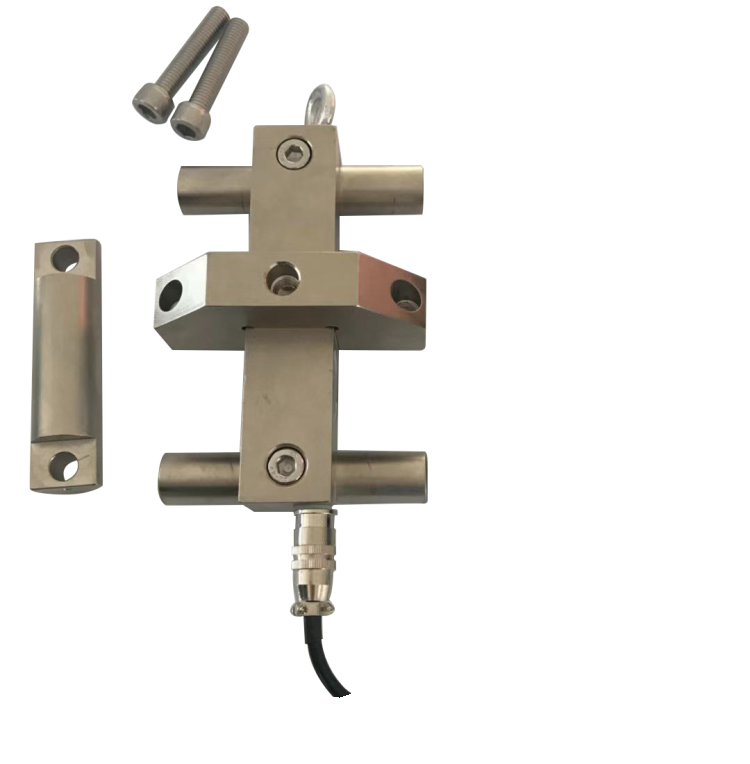
In manufacturing, sensors are integral to quality control processes. They measure parameters such as temperature, pressure, and dimensions with precision, ensuring products meet stringent quality standards. For instance, in the automotive industry, sensors monitor engine temperature, oil levels, and speed, ensuring optimal performance and safety. Similarly, in the food and beverage sector, sensors detect contaminants and monitor production environments to maintain hygiene and product integrity.
2. Automation and RoboticsThe integration of sensors into automated systems has transformed manufacturing. Robots equipped with sensors can detect their surroundings, enabling precise movements and tasks. In automotive manufacturing, robots use sensors to handle delicate components with care, while in electronics, they assemble intricate parts with high accuracy. These advancements reduce human error and enhance production efficiency.
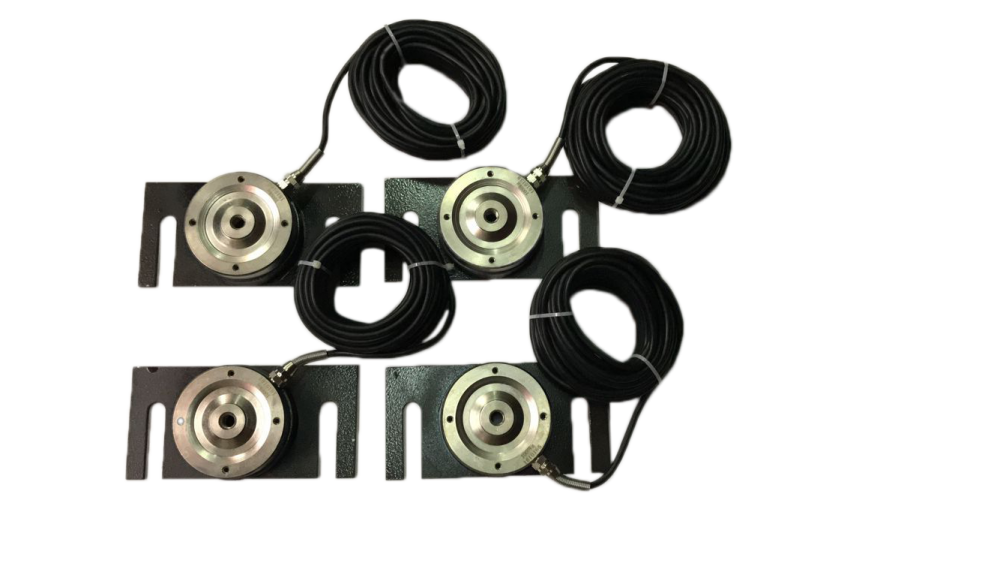
Sensors are instrumental in predictive maintenance, a strategy that prevents equipment failures before they occur. By continuously monitoring machinery, sensors detect anomalies such as vibrations, temperature fluctuations, and wear, allowing for timely interventions. This proactive approach minimizes downtime, extends equipment lifespan, and reduces maintenance costs.
4. Environmental MonitoringIndustrial sensors contribute significantly to environmental protection. They monitor air and water quality, ensuring compliance with regulations and preventing pollution. For example, in chemical plants, gas sensors detect hazardous emissions, alerting operators to potential leaks. Similarly, water sensors in industrial processes prevent contamination, safeguarding both the environment and public health.
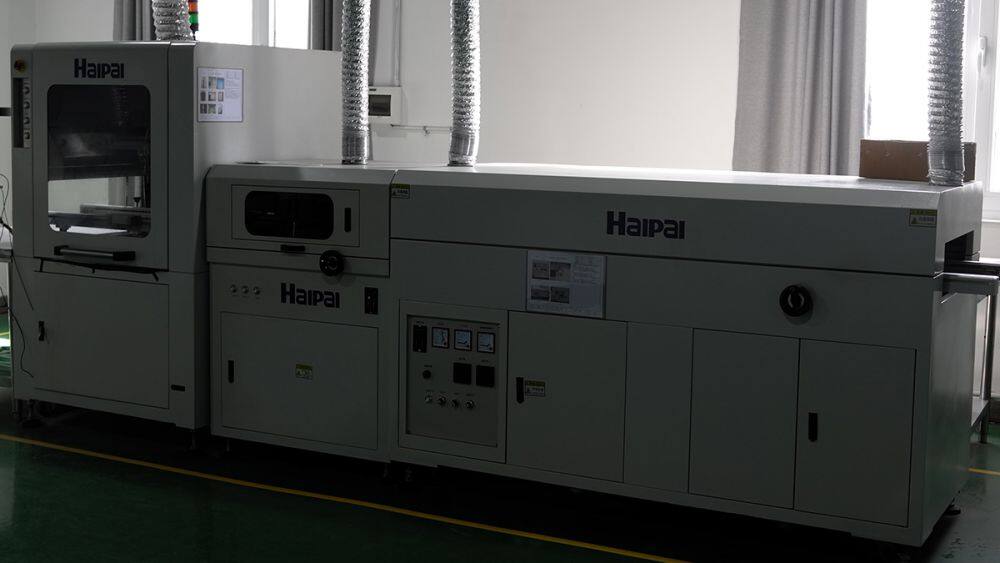
The advent of the Internet of Things (IoT) has expanded sensor applications in smart factories. Connected sensors gather and transmit data in real-time, enabling comprehensive monitoring and analysis. This data-driven approach allows for optimized resource allocation, reduced waste, and smarter decision-making. For instance, smart sensors in energy systems monitor consumption patterns, facilitating cost-saving measures and sustainable practices.
6. Healthcare and Medical DevicesIn the healthcare sector, sensors are critical for patient monitoring and diagnostics. Wearable devices equipped with sensors track vital signs, enabling remote patient care. Additionally, sensors in medical equipment ensure accurate readings, enhancing diagnostic accuracy and treatment effectiveness.
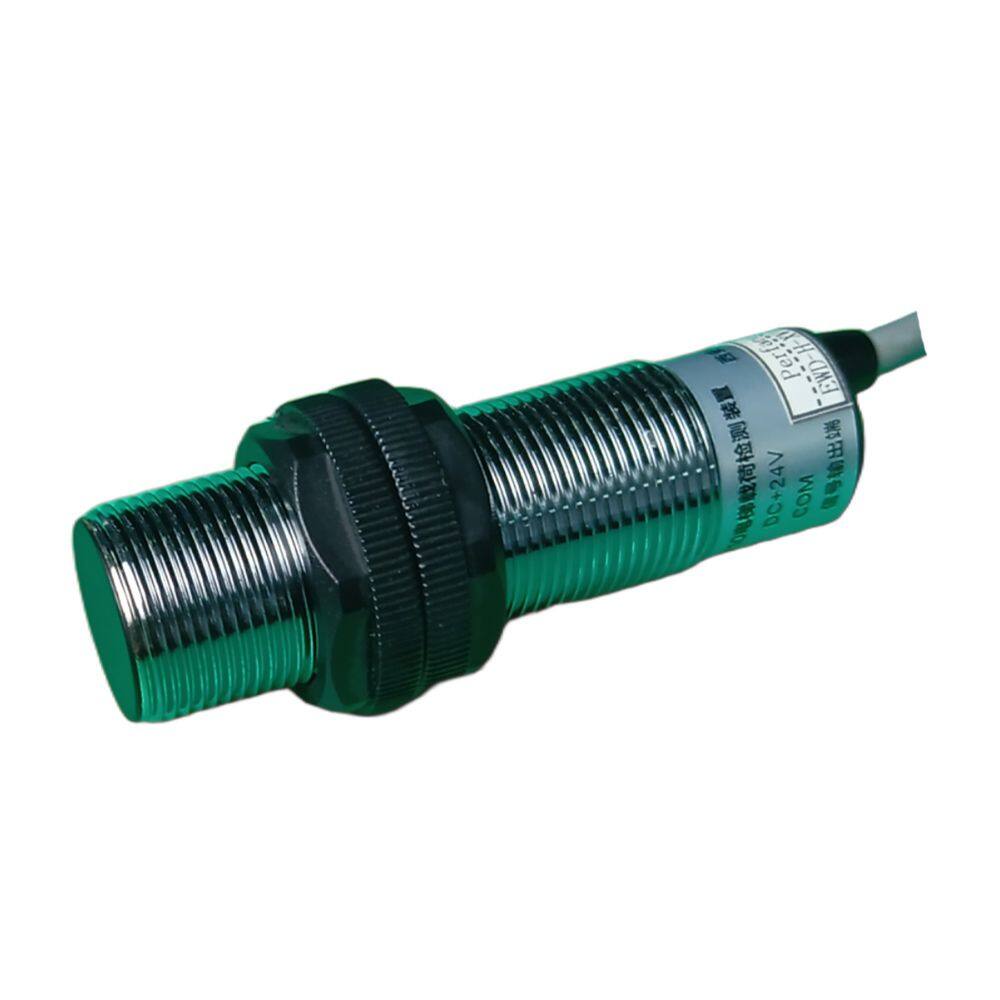
Sensors play a key role in improving energy efficiency across industries. They monitor energy consumption in buildings, optimizing heating, cooling, and lighting systems. In renewable energy, sensors track wind speed and solar irradiation, maximizing energy production from these sources.
8. Safety and SecurityIndustrial environments often pose safety risks. Sensors detect dangerous conditions, such as gas leaks or machinery malfunctions, activating alarms to protect workers. In security, motion and access sensors secure facilities, preventing unauthorized access and ensuring a safe workspace.
9. Agriculture and Food SafetyBeyond traditional industries, sensors are vital in agriculture and food safety. Soil sensors monitor moisture and nutrient levels, optimizing crop irrigation. In food storage, sensors regulate temperature and humidity, ensuring product freshness and safety.
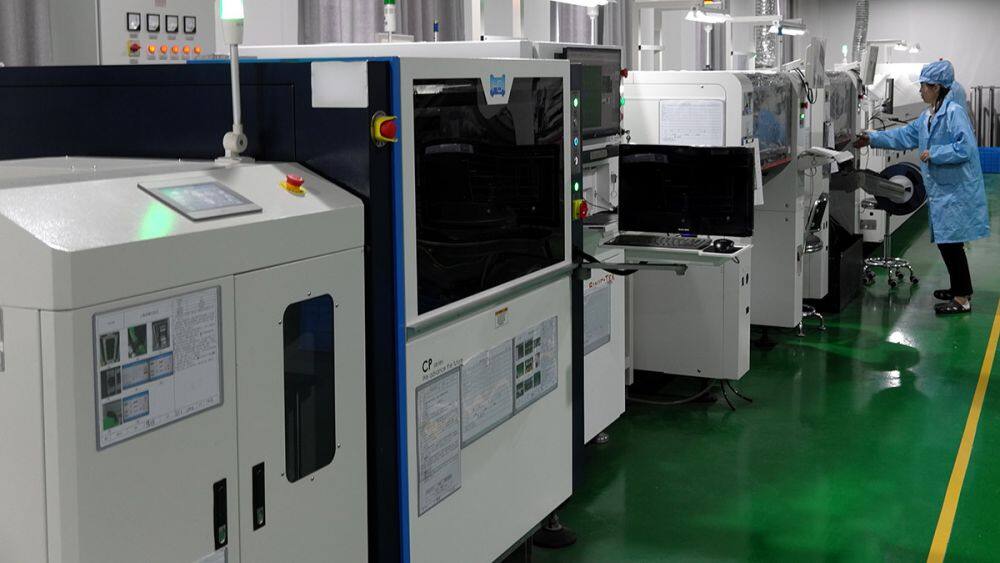
The future of sensors is bright, with advancements in artificial intelligence and machine learning. Smart sensors with self-learning capabilities will enhance accuracy and efficiency. Additionally, miniaturization and wireless connectivity will expand their applications, making industrial processes even more intelligent and responsive.
ConclusionSensors are the backbone of modern industrial operations, driving innovation, efficiency, and sustainability. Their versatility and precision make them essential for quality control, automation, predictive maintenance, environmental monitoring, and beyond. As technology advances, sensors will continue to evolve, offering new opportunities to optimize industrial processes and contribute to a more connected, efficient, and sustainable future.
Recently Posted
-
Why Elevator Weight Measurement Equipment Is Essential for Modern Buildings
October 17, 2025Elevators are an essential part of modern buildings, providing efficient vertical transportation in residential, commercial, and i Read More
Read More -
Elevator Load Sensors: Choosing the Perfect Fit for Your System
October 15, 2025How to Choose the Right Load Sensors for Elevators: A Comprehensive GuideElevator load sensors are critical components that ensure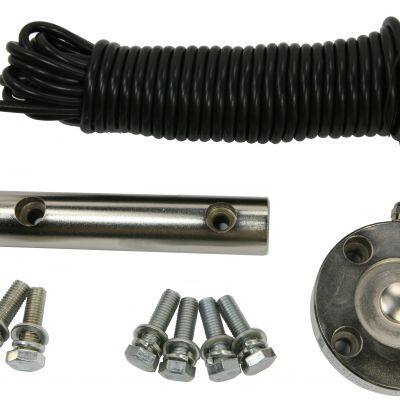 Read More
Read More -
Top Tips for Finding the Most Cost-Effective Elevator Weight Measurement Systems
October 11, 2025How to Find the Most Cost-Effective Elevator Weight Measurement SystemsWhen it comes to selecting elevator weight measurement syst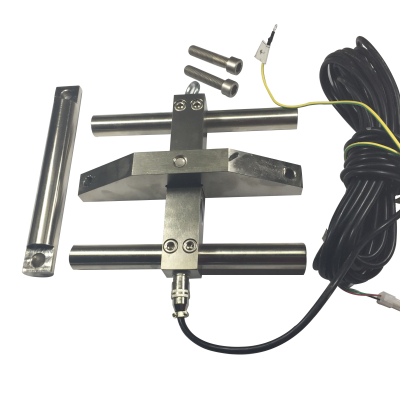 Read More
Read More -
Enhance Elevator Safety: A Comprehensive Guide to Choosing Weight Measurement Equipment
October 10, 2025How to Choose the Right Elevator Weight Measurement EquipmentElevators are essential components of modern buildings, and ensuring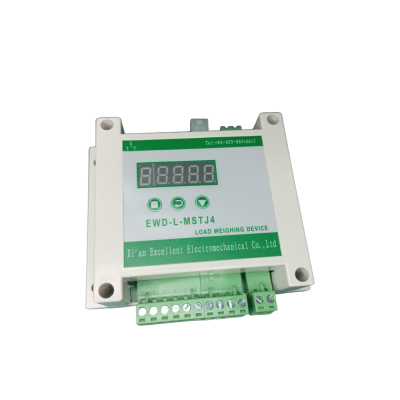 Read More
Read More

